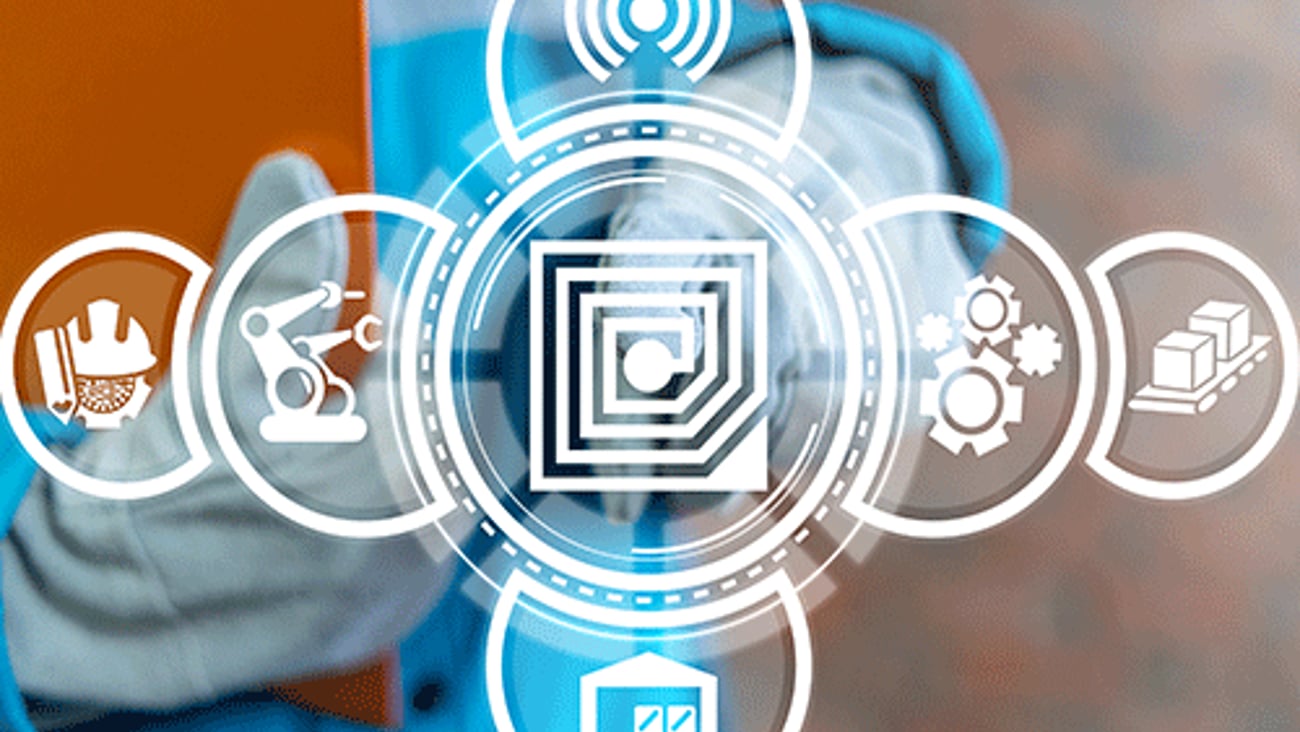Convenience innovation beyond frictionless checkout
There are a lot of interesting technology projects at convenience retailers that don’t involve automating checkout.
The convenience vertical has historically been known as a technology innovation laggard. Razor-thin margins and a narrow product assortment have often led convenience retailers to focus on cost-cutting in all areas, including technology expenditures.
However, as convenience retailers have been broadening their product and service offerings, as well as gaining customers in the wake of the COVID-19 pandemic, they are increasingly adopting sophisticated technology solutions.
In particular, the convenience vertical has been a pioneer in adopting frictionless checkout technology. But as this trend has already received a lot of attention, I decided for this week’s column to highlight some other interesting and innovative technology projects happening at three convenience chains: Sheetz, 7-Eleven, and Casey’s General Stores.
Sheetz
Mid-Atlantic convenience chain Sheetz is partnering with unified retail planning technology provider Relex Solutions to position itself for store expansion, supply chain growth, and dynamic product marketing opportunities. The company intends to unify aspects of its demand planning processes to ensure an efficient flow of products from suppliers to stores. The retailer seeks to leverage Relex technology to improve collaboration and visibility throughout its vertically integrated network.
On the customer-facing side, Sheetz is the first convenience store retailer to accept payments via bitcoin. During summer 2021, Sheetz began enabling customers to pay for items inside the store or at the gas pump using digital currencies like bitcoin, ether, litecoin, and dogecoin.
Sheetz is enabling digital currency payments via pure-digital payments network Flexa, leveraging its existing NCR POS solution and payment gateway to accept Flexa payments. Customers also have the option to link their My Sheetz Rewardz loyalty account when paying with Flexa-enabled apps.
7-Eleven
Global convenience giant 7-Eleven recently launched the first autonomous commercial delivery in the state of California with a new service available via its delivery app. 7-Eleven is partnering with self-navigating vehicle company Nuro in an autonomous delivery pilot in Mountain View, Calif.
Customers in the service area can place orders through the retailer’s 7Now delivery app to have their products brought to them by a Toyota Prius equipped with Nuro’s self-navigation technology. Later, 7-Eleven plans to expand the pilot to introduce R2 bots, Nuro’s autonomous robots that are custom-built to transport products and goods without any occupants in the vehicle.
7-Eleven is also introducing a new subscription delivery service, called 7Now Gold Pass, also available through its 7Now delivery app. For $5.95 a month and no added delivery fee, customers can receive unlimited deliveries, typically in about 30 minutes.
With the new service, customers can get their delivery fee waived on a choice of more than 3,000 7-Eleven products, including hot, fresh food and drinks, household items, snacks, and groceries. All items available for order through the 7Now app will be available through the 7Now Gold Pass service throughout the U.S., and real-time tracking lets customers know when to expect their orders.
Casey’s General Stores
In one final example, Casey’s General Stores is tracking and optimizing competitive market data using a suite of mobile apps. The Midwest convenience store retailer is rolling out the Engage3 Competitive Intelligence Management (CIM) MissionScanner mobile integrated pricing platform. The solution provides localized visibility into pricing and assortment, enabling users to reverse-engineer competitors’ market tactics and strategies.
In addition to the cloud-based visualization and insights that Engage3 technology makes available to Casey’s, the retailer is also leveraging Engage3’s suite of mobile applications. The CIM: MissionScanner solution provides efficiencies to what had previously been a manual data capture process. The mobile capability provides Casey’s with new flexibility, and the data seamlessly integrates into its system.







